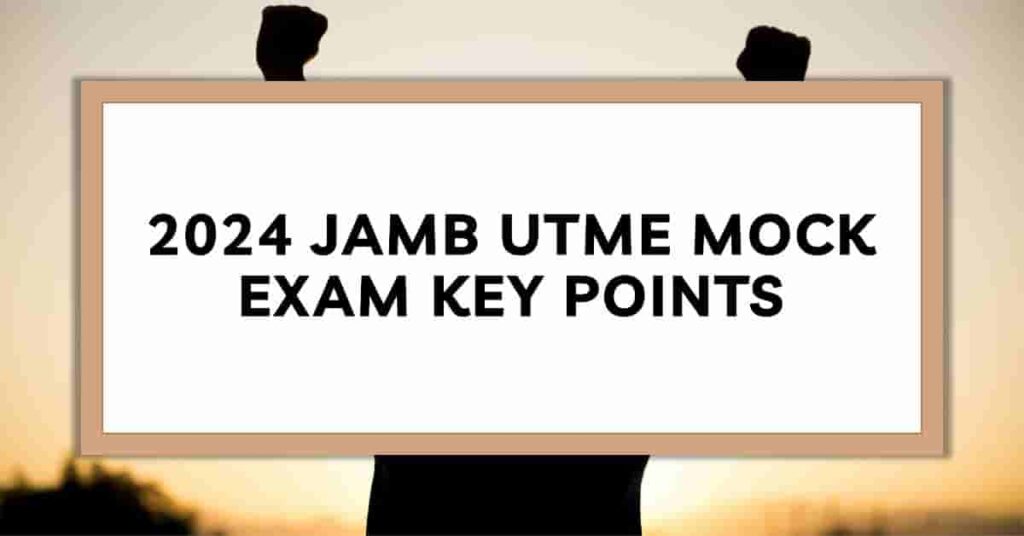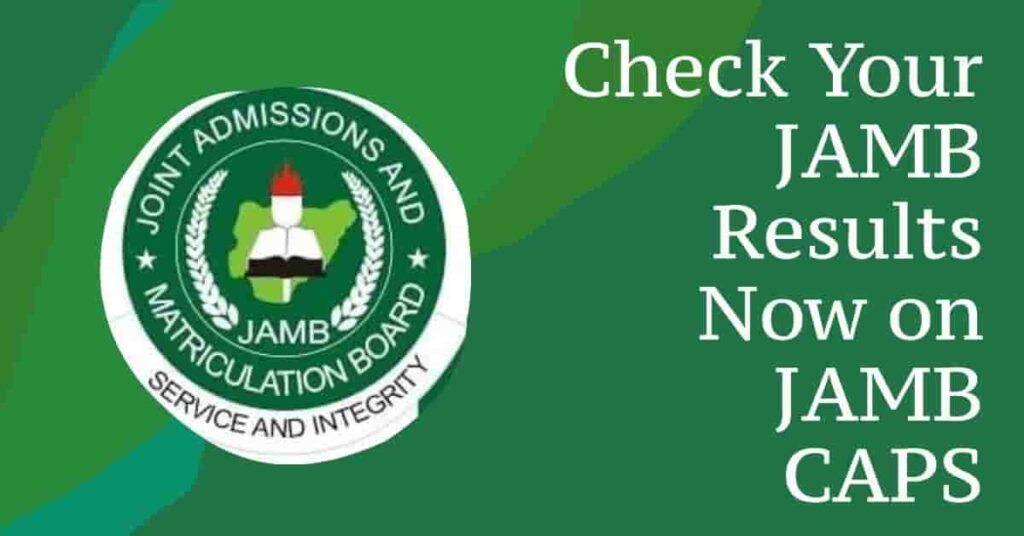
Ethics in Education: Teaching Honesty and Integrity
In today’s evolving educational landscape, cultivating a strong ethical foundation in students is more crucial than ever. Ethics in education serves as a compass, guiding students in making principled decisions and preparing them for life beyond school. At Valdymas College of Advanced Studies, we prioritize the development of honesty and integrity in our students as a core part of our mission. Through carefully structured programs and a supportive community, we aim to embed these values in every aspect of student life, empowering our students to become trustworthy leaders in their respective fields.
Why Ethics Matter in Education
Ethics in education is the framework upon which students learn the difference between right and wrong. It not only helps students make moral choices in their personal and academic lives but also prepares them to face ethical dilemmas in their careers. Teaching ethics encourages self-reflection, empathy, and accountability. For example, when students are encouraged to be honest about their challenges, they develop resilience and a more authentic approach to learning. Without a strong ethical foundation, academic success can become hollow, as it might lack integrity and genuine effort.
Teaching Honesty and Integrity at Valdymas College
At Valdymas College of Advanced Studies, we have developed various strategies to integrate honesty and integrity into our educational approach. Here’s how we bring these values to life:
Honor Code and Conduct Policies
From the moment students join our community, they are introduced to an Honor Code that emphasizes respect, accountability, and academic honesty. The Honor Code outlines expectations for behavior and academic conduct, establishing a culture where honesty is non-negotiable. By adhering to these policies, students understand that integrity is valued as highly as their academic performance.
Incorporating Ethics into Curriculum
Ethics is embedded within our curriculum, especially in courses that involve critical thinking and decision-making. For instance, in our leadership and humanities courses, students are encouraged to discuss real-world scenarios that require ethical judgment. These discussions allow students to evaluate different perspectives and understand the consequences of dishonest actions. They learn that integrity should guide not only their academic pursuits but also their interactions with others.
Role of Faculty and Mentorship
Our faculty members at Valdymas College serve as ethical role models, actively demonstrating integrity in their actions and interactions. Teachers emphasize the importance of academic honesty by encouraging original thinking, reducing opportunities for plagiarism, and guiding students in proper citation practices. Additionally, through mentorship programs, students receive guidance on ethical practices, understanding that honesty in small acts is what builds a trustworthy character over time.
Emphasizing Accountability through Assessments
At Valdymas College, assessments are designed to foster a sense of responsibility and individual accountability. By promoting open-book assessments, personalized projects, and weekly reflections, we encourage students to rely on their understanding rather than shortcuts. These assignments challenge students to work independently and reflect on their learning journey, reinforcing the importance of honesty in self-assessment.
Peer Accountability and Group Projects
Group projects and peer review sessions are common at Valdymas College, as they encourage students to hold each other accountable. In these settings, students learn to communicate openly, share responsibilities, and address any issues of dishonesty together. Peer accountability fosters a supportive environment, helping students internalize the values of trust and transparency.
Challenges and Rewards of Upholding Integrity
Teaching honesty and integrity comes with its own set of challenges, particularly in a fast-paced, competitive academic environment. Students may feel pressured to take shortcuts, especially when they believe grades define their success. However, Valdymas College actively addresses these challenges by reinforcing that success achieved through dishonest means is ultimately unfulfilling. Students who uphold integrity often feel a greater sense of accomplishment, knowing they’ve earned their achievements honorably.
Conclusion
Fostering an ethical mindset in education is vital for shaping responsible future citizens. At Valdymas College of Advanced Studies, we recognize that instilling honesty and integrity isn’t a one-time effort; it’s an ongoing commitment. By creating an environment where ethical behavior is respected and encouraged, we prepare our students to navigate life’s complexities with a strong moral foundation. As they move forward in their academic and professional journeys, we hope they will continue to champion integrity and contribute positively to society.
References
- Kolawole, Joshua. Transforming the Impossible. 2023..
- Peters, T., & Waterman, R. H. In Search of Excellence: Lessons from America’s Best-Run Companies.



